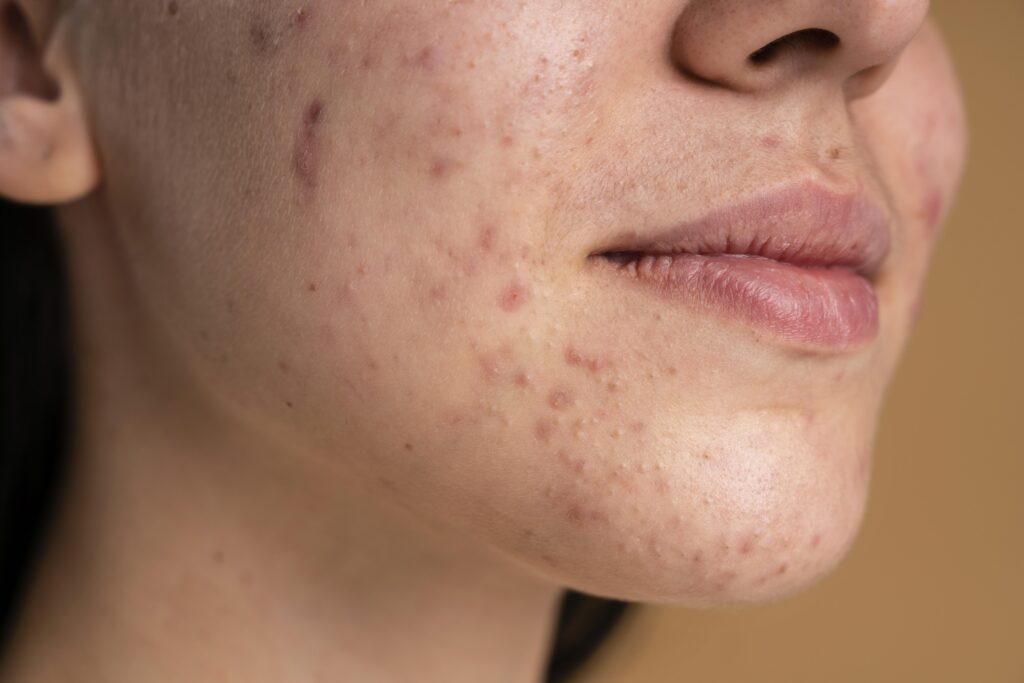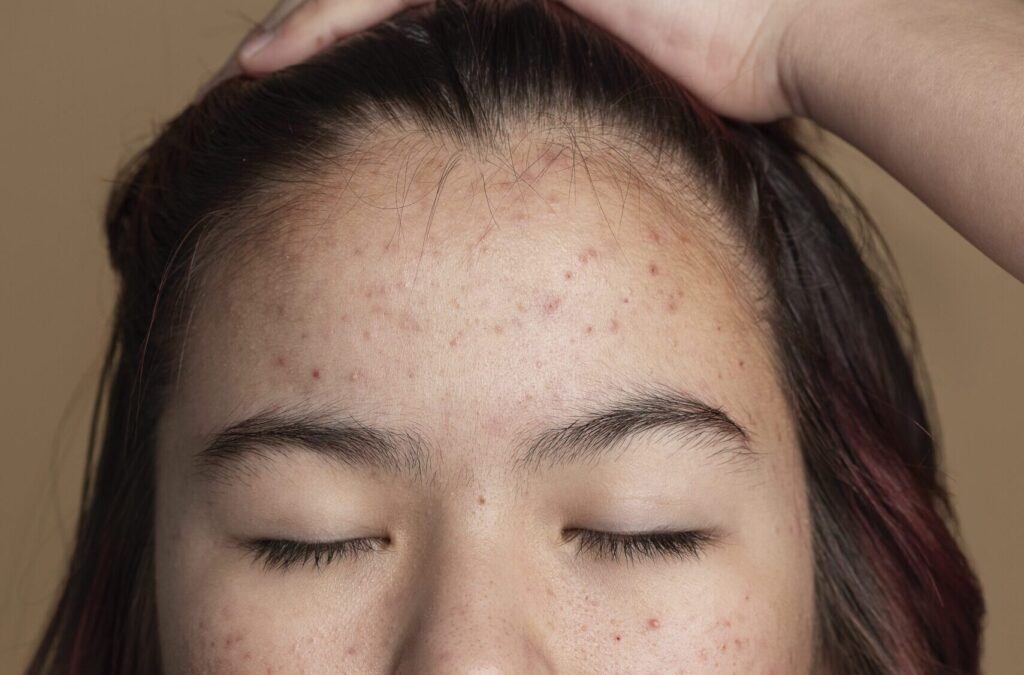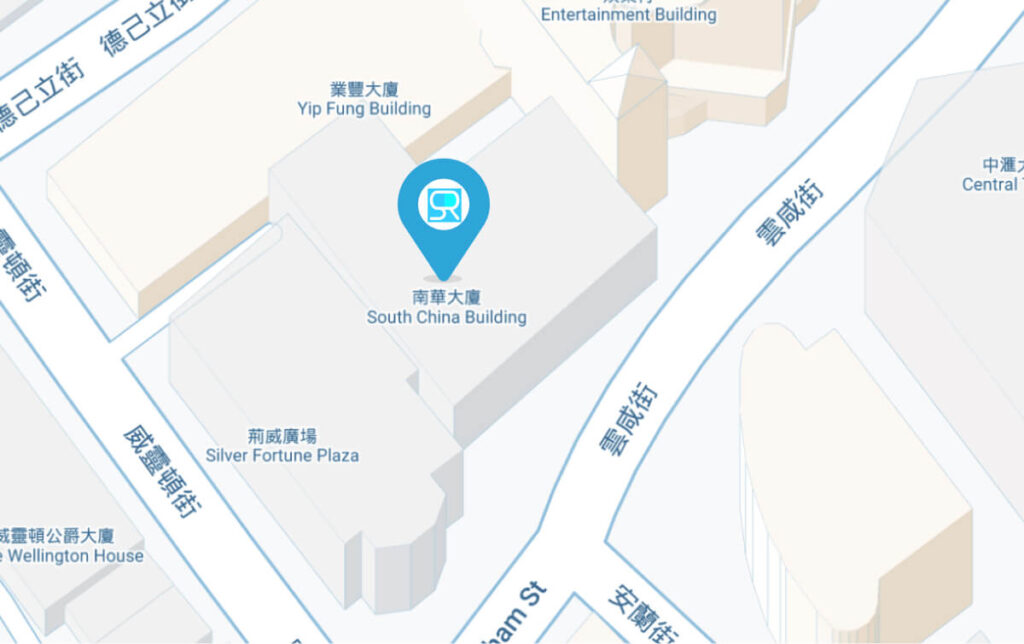KNOWLEDGE/
Isotretinoin


What is isotretinoin
![]()
Isotretinoin is a vitamin A derivative. It has been used therapeutically since the mid-1970s.
Uses
![]()
![]()
Isotretinoin is a very effective drug for treating acne. Often used to treat severe acne.
In addition, isotretinoin can also be used for other hair follicle diseases, such as:
Rosacea;
Hyperseborrhea;
Hidradenitis suppurativa;
Scalp folliculitis.
Contraindications
![]()
![]()
![]()
![]()
![]()
Isotretinoin should not be taken during pregnancy.
You should not donate blood while taking isotretinoin.
Precautions
![]()
![]()
![]()
Isotretinoin should not be used while breastfeeding.
If pilots take isotretinoin, their performance may be affected.
If young children take medium to high doses of isotretinoin, it may cause premature epiphyseal closure, which may affect height. But this was not seen when treating acne at low doses.
Why Isotretinoin Can Treat Acne Effectively
![]()
![]()
![]()
Isotretinoin can:
Reduce sebum production;
Shrinks the sebaceous glands;
Reduces follicular occlusion;
Inhibits the growth of bacteria;
Has anti-inflammatory properties.
The individual dosage prescribed by a dermatologist depends on…
Severity of illness;
The effects that can be produced after taking it;
Side effect;
Past medical history.
![]()
![]()
![]()
![]()
![]()
Isotretinoin is best taken with water after meals, as this can increase drug absorption and achieve better results.
![]()
![]()
![]()
Most patients should continue treatment until their skin condition improves, then treat for a few more months to solidify the condition and reduce the chance of recurrence.
![]()
![]()
![]()
Vitamin-A (retinoic acid);
Tetracyclines (including doxycycline, minocycline): these could increase the risk of headaches and blurred vision due to raised intracranial pressure;
Warfarin: monitor INR carefully.
Side Effects and Risks
![]()
![]()
![]()
![]()
![]()
The side effects of isotretinoin are dose-dependent. The range and severity of side effects also depend on personal factors and the severity of the disease.
It is recommended that patients with severe liver or kidney disease, hyperlipidemia, diabetes, and depression may not take isotretinoin.
Most of the side effects caused by isotretinoin affect the skin or mucous membranes, which is related to the effectiveness of the drug. When side effects are severe, the dose may need to be reduced.
The most common side effects include:
Initial acne (acne) outbreak (outbreak period) during the period of taking (if the starting dose is high);
Dry lips and cheilitis (common);
Dry skin, eczema/dermatitis (itching, erythema);
increased sweating;
Dry nostrils and nosebleeds;
Dry eyes;
erythema on face;
Increases the chance of sunburn from exposure to strong sunlight;
Treatment methods for skin and mucosal side effects:
Emollients, lip balm, petroleum jelly, sunscreen, eye drops as needed;
Topical steroid ointments can be used for dermatitis;
Do not use hot water to bathe to avoid washing away too much skin oil;
Do not have elective eye surgery while taking isotretinoin or within 6 months after taking it;
Do not undergo mechanical dermabrasion or laser treatments (such as CO2 laser resurfacing) while using isotretinoin or for 6 months after.
Isotretinoin dose-related side effects:
Headache;
muscle and joint pain;
tired;
Night vision impairment and slow adaptation to darkness;
Triglyceride levels in the blood may be elevated, but usually do not affect health;
Delayed menstrual cycle or heavy menstrual bleeding.
Rare side effects of isotretinoin – The cause and effect of the side effects listed may not have been proven.
Mood changes and depression.
Note: Depression is often related to skin conditions or other health or psychological problems.
Abnormal liver function tests.
Treatments for side effects:
Avoid alcohol;
Take acetaminophen for headaches and minor muscle and joint pain;
If you feel unwell, please seek medical advice as soon as possible.
Relevance between isotretinoin and mood effects
![]()
![]()
![]()
![]()
![]()
The effect of isotretinoin on mood is a very controversial issue. Most acne (acne) patients’ mood improves as their acne (acne) improves. Isotretinoin rarely causes depression and low mood. If the emotional problems are caused by isotretinoin, the depression will be relieved after stopping the medication, but the depression will reappear after the medication is restarted. Oftentimes, acne itself can be a source of pain, anxiety and depression. In rare cases, suicidal ideation may occur during isotretinoin treatment, but it is difficult to determine whether these mood changes are caused by acne (pimples), scars, medications, or something else.
The largest meta-analysis examined data from 1.6 million people and found that the 1-year absolute risks of suicide, suicidal ideation, completed suicide, and self-harm were all less than 0.5%, and that of depression was 3.8%, all lower than the general adolescent population, showing that isotretinoin A The relative risk of psychiatric disorders was not increased in acid users. Within 2-4 years of taking isotretinoin, the incidence of psychiatric disorders was lower than in people who did not take isotretinoin. People who take isotretinoin and have a history of depression have a slightly increased risk of developing depression. Patients and their families should still pay attention.
Treatment Follow-up
![]()
![]()
![]()
Isotretinoin should not be taken during pregnancy because the risk of serious congenital malformations in the baby is very high. Caution is needed during breastfeeding as isotretinoin passes into breast milk and may affect the baby.
Effects of taking isotretinoin on pregnant women
![]()
![]()
If the fetus is exposed to isotretinoin in the first half of pregnancy, it may cause spontaneous abortion or malformation.
Men do not need to take contraceptive measures
Isotretinoin has no effect on sperm or male fertility, and there is no evidence that the child born will have defects.
Can I use isotretinoin again if acne recurs?
At least 50% of acne patients will achieve lasting relief after taking a sufficient course of isotretinoin. Some patients may experience a recurrence of acne within a few months to a few years after stopping the medication. These patients can then start a new round of isotretinoin treatment.
Hidden Content
Hidden content


